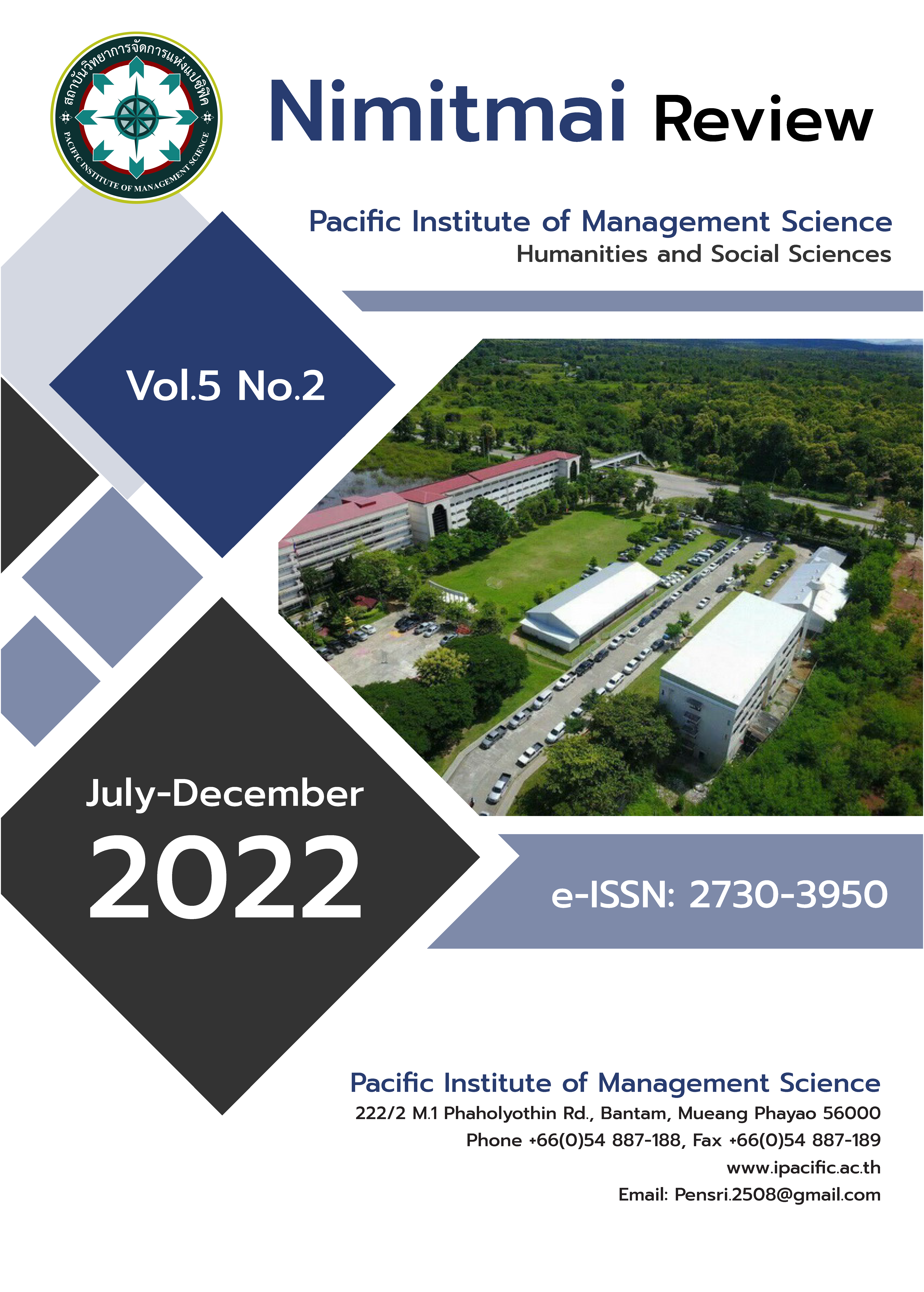Research on Management Mode of Universities’ Choruses in Wuhan, Chaina
Keywords:
Management Model, University chorus, Arts ManagementAbstract
There are more and more universities starting to organize and nurture their own choruses, and students have a growing sense of participation. In recent years, the chorus education of university has made a little progress with state support for art education. choruses have achieved rapid development in colleges and universities because the characteristics of them are in accordance with the law of universities’ students mental and physical development and they can directly manifest the charm of music. as a traditional art form of college student association, remain stagnant, instead of developing according as the development of cultural art, during the period of ever-increasing diversity and high-level life of cultural art arising from the factors of the lacking in professionalism, level of art, creativity and sense of group honor of students in their choruses. It is the author’s objective of research for the present period of time on how to continuously enrich the theoretical system of art management by the research outcomes of other subjects and manage the college choruses by applying art management theory to instruct art practice. By the results, there was a certain positive correlation between rehearsal cognition, development cognition, management mode cognition and the development level of chorus. Through the three perspectives of the chorus manager, teachers in charge of chorus rehearsal and students of the chorus, the research method is adopted to verify whether the assumption is valid. Furthermore, it’s should to future study to combine the management mode of chorus and the teaching method of chorus teacher together, at the present stage, since most of the scholars and teachers engaged in the work of choral conductor consider more the individual teaching ability of conductor as the key factor with more importance in the development of the whole chorus.
References
Fullan, M. (2012). Change forces: Probing the depths of educational reform. London, England: Routledge, (3), 12-14.
Gu, J. M. (2009).The analysis of the policies of university teachers professional development. With an example from Zhejiang University. China Higher Education Research, (5), 52-54.
Guo, G., & Yang. M. (2007). The theory and practice of campus culture construction in the new era. Nanjing, China: Nanjing University Press, (2), 16-18.
Guo, Q. Y. (2002). The education philosophy and goals of higher education institutions. China University Teaching, (10), 16-18.
Li, H. (2006). Performance: A new perspective on educational activities. Beijing, China: Educational Science Press, (5), 44-45.
Lu, Y. J. (2018). Research on the construction of art management discipline system (Unpublished master’s thesis). Chinese National Academy of Arts, Beijing, (6), 78-79.
Nunn, P. (2010). Principles of education. New Delhi, India: Discovery Publishing House,(4), 67-69.
Schiller, F. (2016). On the aesthetic education of man. London, England: Penguin UK.(2), 65-67.
Thompson, J. B. (2013). Ideology and modern culture: Critical social theory in the era of mass communication. New Jersey, NJ: John Wiley & Sons, (4), 77-79.
Weber, M. (2017). Methodology of social sciences. New York, NY: Routledge.120.
Yuan, Z. (2000). Education research methodology. Beijing, China: Higher Education Press. 132.
Zhang, Y. Y. (2012). The role of cultural education on the student’s art troupe of the Central China Normal University (Unpublished master’s thesis). The Central China Normal University, Wuhan.(2), 34-35.
Downloads
Published
How to Cite
Issue
Section
License
Copyright (c) 2022 Nimitmai Review Journal

This work is licensed under a Creative Commons Attribution-NonCommercial-NoDerivatives 4.0 International License.



